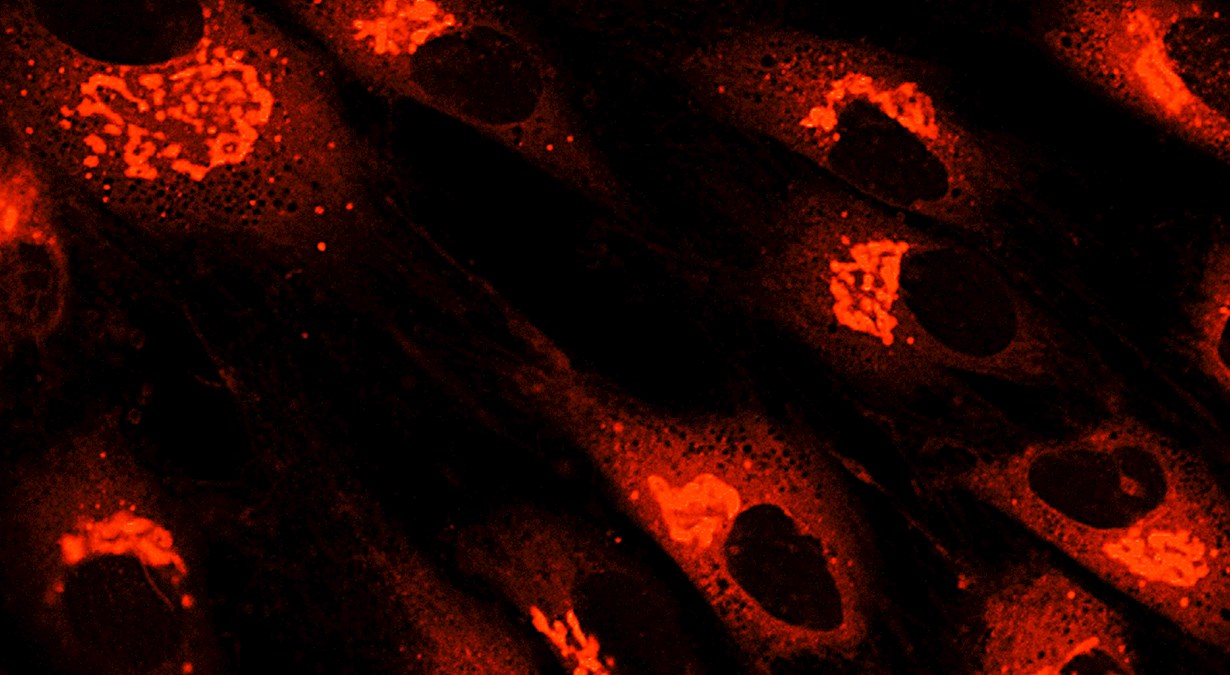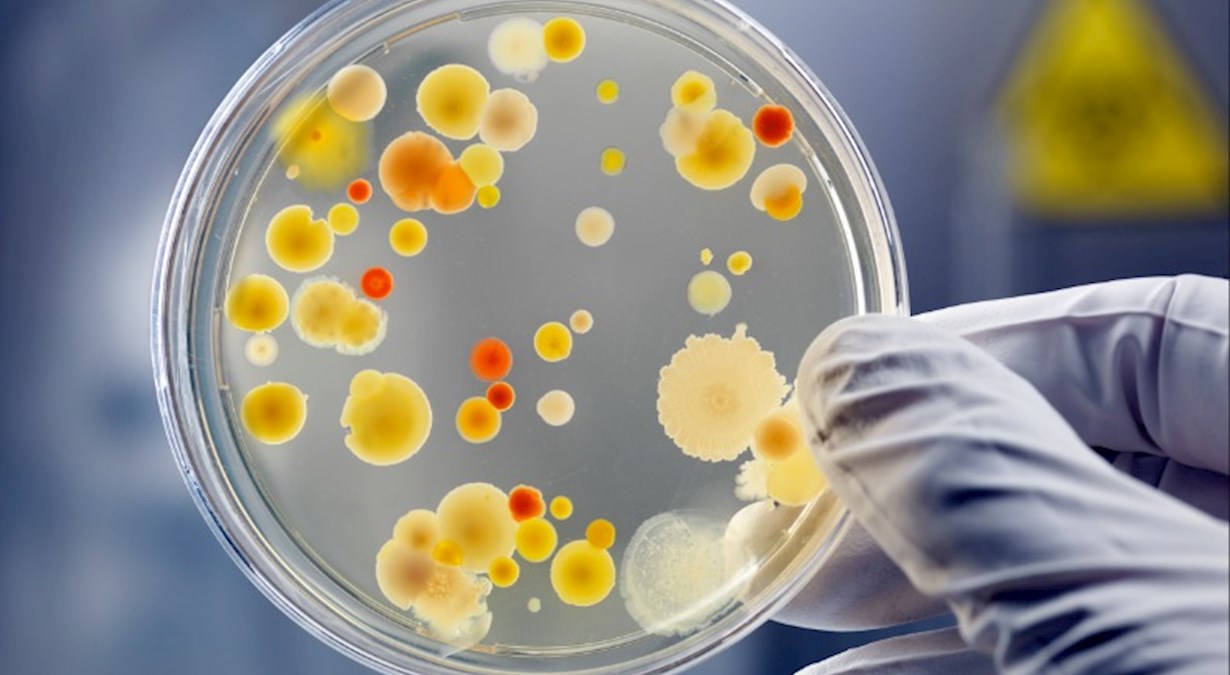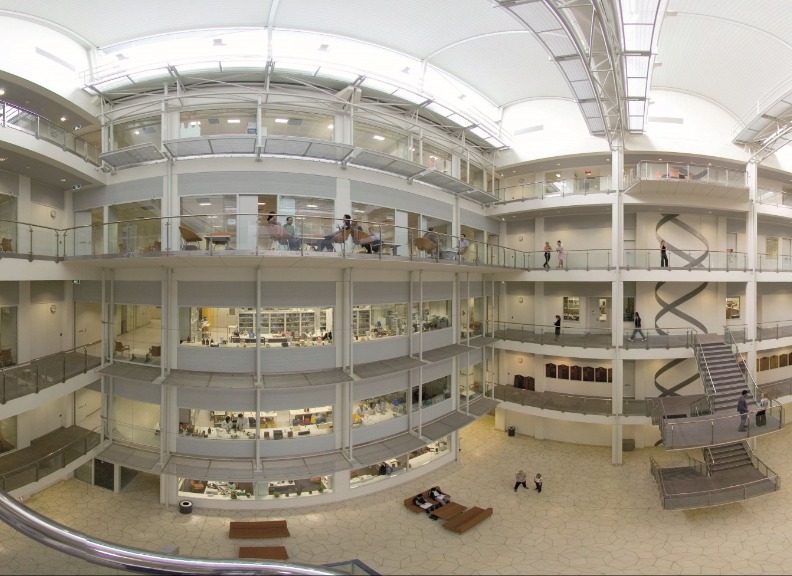
PROJECT
Tackling carbohydrate-processing enzymes head on
Developing new scaffolds to inhibit carbohydrate-processing enzymes involved in human health and wellbeing
The enzymes that regulate the structures of glycans are extremely important and have been implicated in a wide variety of diseases and thus are targets for therapeutics. Our laboratory studies a wide variety of enzymes found in humans that have been implicated in cancer, Alzheimer’s disease, carbohydrate metabolism dysfunction and neurological diseases, as well as those in bacteria and microbes involved in antibiotic resistance and correct digestion.
Project(s) described here will be to design and synthesize new inhibitor scaffolds and various chemical tools that can be used to investigate the role these carbohydrate-processing enzymes play in the various human diseases and bacterial pathogenesis and life cycle. The prepared compounds will be tested for their potency against the enzymes in question and will be tested in vitro to determine their effectiveness at the cellular level.
Through strong international collaborations with researchers in Canada and the United Kingdom (opportunities to travel to institutions in these countries is encouraged), these compounds will also be co-crystallised with proteins of interest.
If you are excited about interdisciplinary science, enjoy experimental research in chemistry and/or biochemistry and are interested please contact me. Please note that the projects are not exhaustive and many under this theme are available. All projects will be tailored to your scientific interests.
For more background information, see the suggested readings below.
- Suggested readings
-
- Gloster TM, Vocadlo DJ. Developing inhibitors of glycan processing enzymes as tools for enabling glycobiology. Nature Chemical Biology, 2012, 18, 683-94.
- Stubbs KA. Activity-Based Proteomic Probes for Carbohydrate-Processing Enzymes: Current Trends and Future Outlook. Carbohydrate Research, 2014, 390, 9-19.
Project goals
Address the development of chemical tools using novel methodologies, both organic and biological
Evaluate the effectiveness of such tools using molecular modelling, enzyme kinetics and protein chemistry
Use these tools to identify new, and learn how, carbohydrate-based enzymes are involved in biological systems
Research team leader: Associate Professor Keith Stubbs
I completed my undergraduate and PhD studies at UWA, followed by postdoctoral studies at Simon Fraser University in Vancouver, Canada. I am currently a Research Associate Professor and head of the GlycoPlus laboratory. My research interests are synthetic chemistry, carbohydrate chemistry and glycobiology.
How to apply
Interested in becoming part of this project? Complete the following steps to submit your expression of interest:
Step 1 - Check criteria
General UWA PhD entrance requirements can be found on the Future Students website.
In addition applicants need to demonstrate adequate research by showing:
- experience with organic chemistry
- experience in biochemistry (desired but not essential)
The level of experience required will depend on the project involved.
Step 2 - Submit enquiry to research team leader
Step 3 - Lodge application
After you have discussed your project with the research team leader, you should be in a position to proceed to the next step of the UWA application process: Lodge an application. Different application procedures apply to domestic and international students.
Scholarships
- Domestic students
-
All domestic students may apply for Research Training Program and University Postgraduate Awards (UPA) scholarships
- International students
-
A range of scholarships are available from international organisations and governments. The full list, organised by country, is available on the Future Students website.
In addition, all international students may apply for International Research Training Program scholarships.
- Indigenous students
- Indigenous students are encouraged to apply for Indigenous Postgraduate Research Supplementary Scholarships.
- Forrest Foundation scholarships
- All international and Australian students who wish to study towards the degree of Doctor of Philosophy (PhD) at The University of Western Australia may apply for Forrest Scholarships.
External collaborators
- Professor David Vocadlo, Simon Fraser University
- Professor Gideon Davies, University of York
- Dr Brian Mark, University of Manitoba
- Dr Alisdair Boraston, University of Victoria
- Dr Sean Sweeney, University of York
- Dr Elizabeth Ficko-Blean, French National Center for Scientific Research
Researchers interested in collaborating on this project are encouraged to contact the research team leader.







































